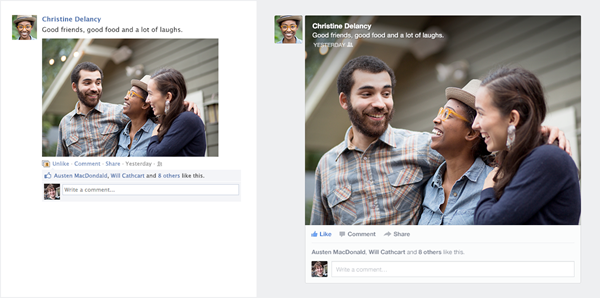The cure for Facebook’s feature-bloat? New features!
Why does simplification involve so many confusing features?
Chris Jackson/Getty Images
Share

When I first got on Facebook, it felt kind of like a party—a place to hang out and joke around with my friends. Then a bunch of people I hadn’t seen since high school showed up. It was nice to catch up, but knowing they were around changed the vibe. Then came co-workers, cousins, aunts and uncles. People I barely knew started inviting me to see their bands play in cities I don’t live in. I was urged to pledge public support for political causes I don’t care about. Then someone started selling weight-loss pills and someone else kept urging me to play Scrabble. I rarely hang out at that party anymore.
Last week, Facebook announced a redesign that’s intended, it seems, to cut back on the clutter and refocus on stuff users want most.
The problem is that no two users want the same thing. So, to simplify our news feeds, Facebook has to complicate them. With the new design (which will be rolled out to all users in the coming weeks) you can choose “Only Friends” to filter out updates from all the pages and products you’ve “liked” or subscribed to over the years. You can choose “Photos” to turn Facebook into an image feed, with pics featured bigger and better in the new layout. You can choose “Music” to — you get it.
Naturally, choosing any of these new feeds gives Facebook relevant info for targeting and integrating ads, and the same space opened up to feature bigger, juicier photos will also be used to display bigger ads. That’s all to be expected.
Facebook’s feature-bloat paradox is an interesting one, where simplification becomes yet another potentially confusing feature. Like Twitter and Instagram did, any new player has the advantage of anonymity. They can come on the scene and offer one new great thing without having any legacy obligations. But if Facebook killed apps, groups, or pages, could you imagine the uproar?
Heck, they couldn’t even get rid of the poke.
Follow Jesse on Twitter @JesseBrown